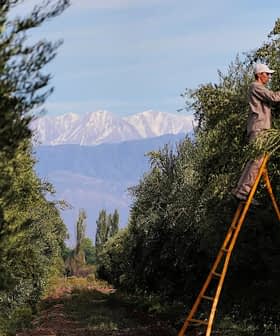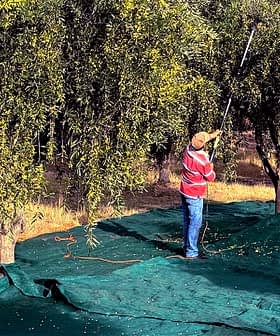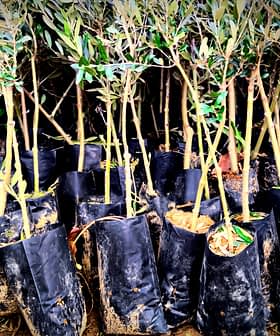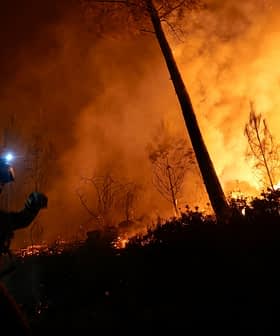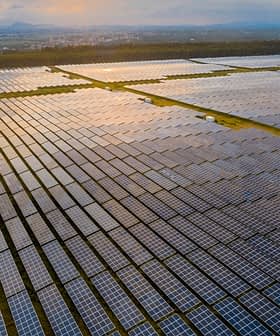Australian Heatwave Harbinger of Hot Summer, Hotter Century

A heatwave has hit northern Australia, with temperatures expected to reach up to 40 ºC, much warmer than the average maximum temperature in October. A new report warns that climate change is making heatwaves more dangerous for human health and agriculture, with the impact expected to worsen in the coming decades, particularly in vulnerable regions like sub-Saharan Africa and South Asia.
A three-day heatwave has hit northern Australia, an unusual phenomenon at this time of year, according to the Queensland Bureau of Meteorology.
The authorities said the heatwave affected most of the northeastern state’s coastline and farther inland, with temperatures expected to hit the mid-thirties and reach up to 40 ºC.
Meteorologist Kimba Wong told local media that temperatures were expected to be a full 5 ºC warmer than the average maximum temperature in October, the first full month of spring in Australia.
See Also:Decades of Heatwaves Have Gone Unreported, Study FindsThe extremely early onset of the current heatwave may indicate a larger trend taking palace in Australia. Studies conducted by Australian and European meteorologists found that “future heatwave severity is associated with increasing CO2 emissions, particularly along the east coast and southern Australia.”
In a recent report, the Australian Commonwealth Scientific and Industrial Research Organization warned that western Sidney, in southeast Australia, may experience twice as many days with temperatures exceeding 35 ºC by 2030 as it does now.
The report estimated this figure could triple by 2050 and increase by five-fold by the end of the century. Researchers added that a similar trend would likely occur with days exceeding 40 ºC.
As some Australians are already turning on the air conditioning to cope with rising temperatures and high humidity, officials are worried that the early arrival of hot weather in spring serves as a harbinger for the approaching summer.
Australia’s first heatwave of the season coincides with the release of a new United Nations and International Federation of Red Cross and Red Crescent Societies (IFRC) report.
The report found that climate change is making heatwaves more dangerous for human health, and “aggressive steps” are required to avoid recurrent heat-related health crises.
The report’s authors also noted that heatwaves are already taking a significant toll on agriculture and forestry, triggering wildfires and destroying crops.
They warned that the most vulnerable people, including agricultural laborers, and countries were likely to be most affected by sustained hot weather as it becomes more common.
However, the authors added, “almost everywhere that reliable data is available, heatwaves are the deadliest weather-related hazard.”
The researchers further predicted that the growing impact of heatwaves would not stop as global greenhouse gas emissions continue to rise.
The northern parts of sub-Saharan Africa, South Asia and Southwest Asia are expected to experience some of the most severe heatwaves in the coming decades, exacerbating inequality, straining limited government resources and resulting in “large-scale suffering and loss of life.”
The report’s release comes just weeks before the 27th Conference of the Parties to the United Nations Framework Convention on Climate Change (COP27), which is taking place in Egypt.
“The climate crisis is intensifying humanitarian emergencies all around the world,” said Jagan Chapagain, the secretary-general of the IFRC. “To avert its most devastating impacts, we must invest equally on adaptation and mitigation, particularly in the countries most at risk.”
“At COP27, we will urge world leaders to ensure that this investment reaches local communities that are on the frontline of the climate crisis,” he added. “If communities are prepared to anticipate climate risks and equipped to take action, we will prevent extreme weather events from becoming humanitarian disasters.”


